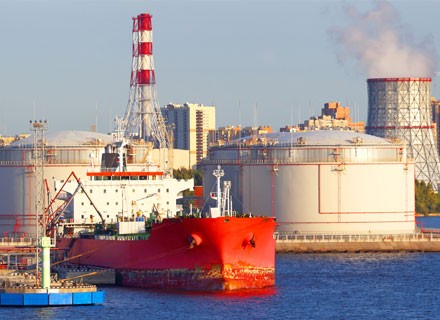As the oil prices rebounded in the Middle East, the economic gap between the oil exporters and importers in the region has started to increase, according to a study published by The Institute of International Finance (IIF).
The region is expected to grow by 2.3 percent in 2021 and 4.3 percent in 2022 after the gross domestic product (GDP) of the region contracted by 3.8 percent because of the Covid-19 pandemic.
The report also mentioned, “While the economic recovery continues to gain momentum, a split in macroeconomic prospects has emerged within the region … the divergence in economic performance between oil-exporting and oil-importing countries has widened further.”
Experts have predicted that oil-producing countries are predicted to have a global surplus of $165 billion this year and $138 billion next year after suffering from an account deficit of $6 billion last year based on oil price forecasts of $71 per barrel this year and $66 next year.
The public foreign assets of the Gulf countries including foreign reserves and sovereign wealth funds are predicted to rise over $3 trillion by the end of 2022, or which is equal to 170 percent in GDP.
Comparatively, oil imports coming from countries like Egypt, Jordan, Lebanon, Morocco, Tunisia, and Sudan accounted for a total deficit of $35 billion this year, compared to $27 in 2020, primarily because of higher oil import prices and a sharp drop in tourism.
The IIF also mentioned that public foreign exports among importers will be equivalent to 15.5 percent of GDP. Tourism accounts for a large chunk of GDP among these countries and they are not expected to return to pre-pandemic levels until 2023.

